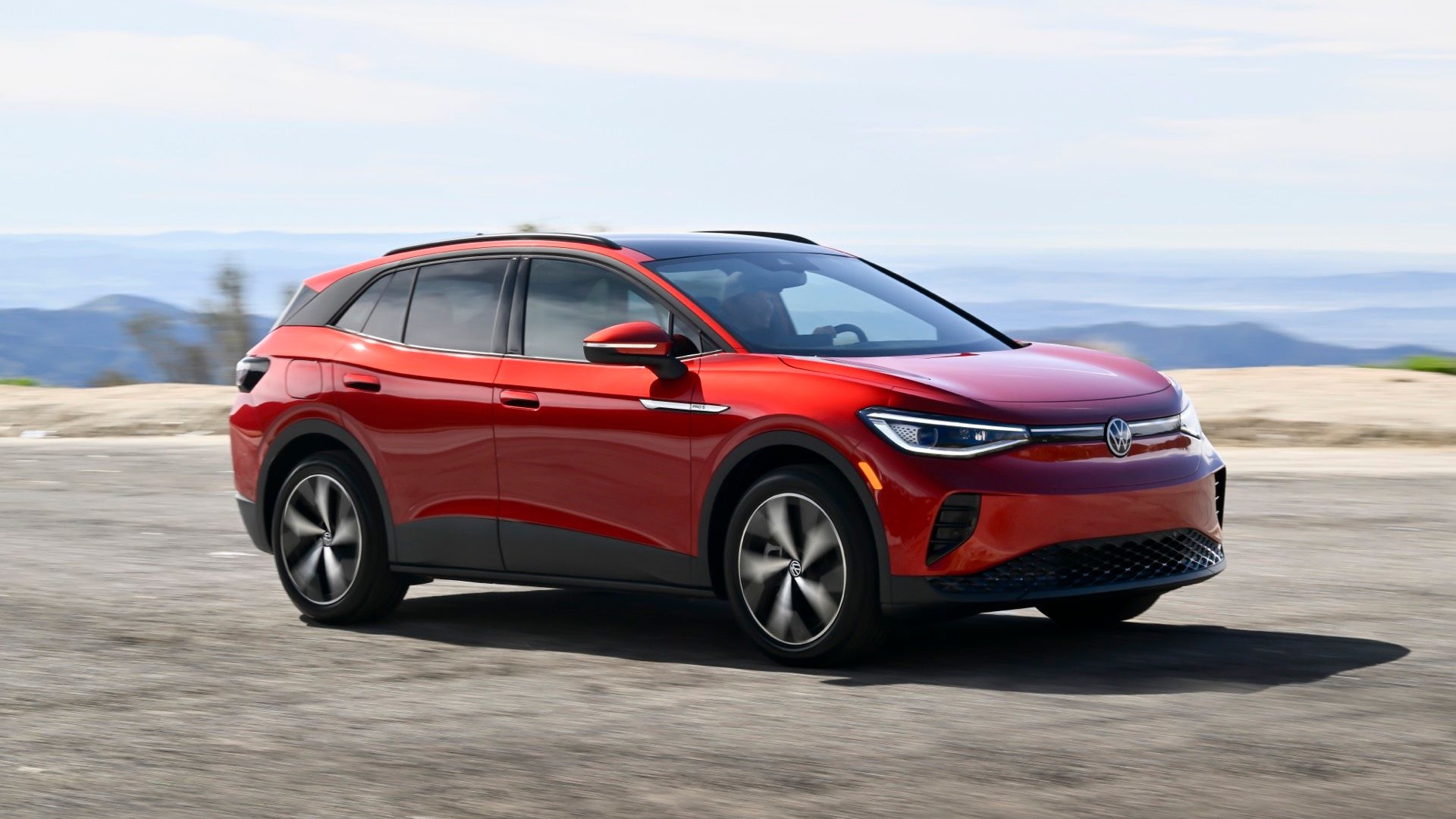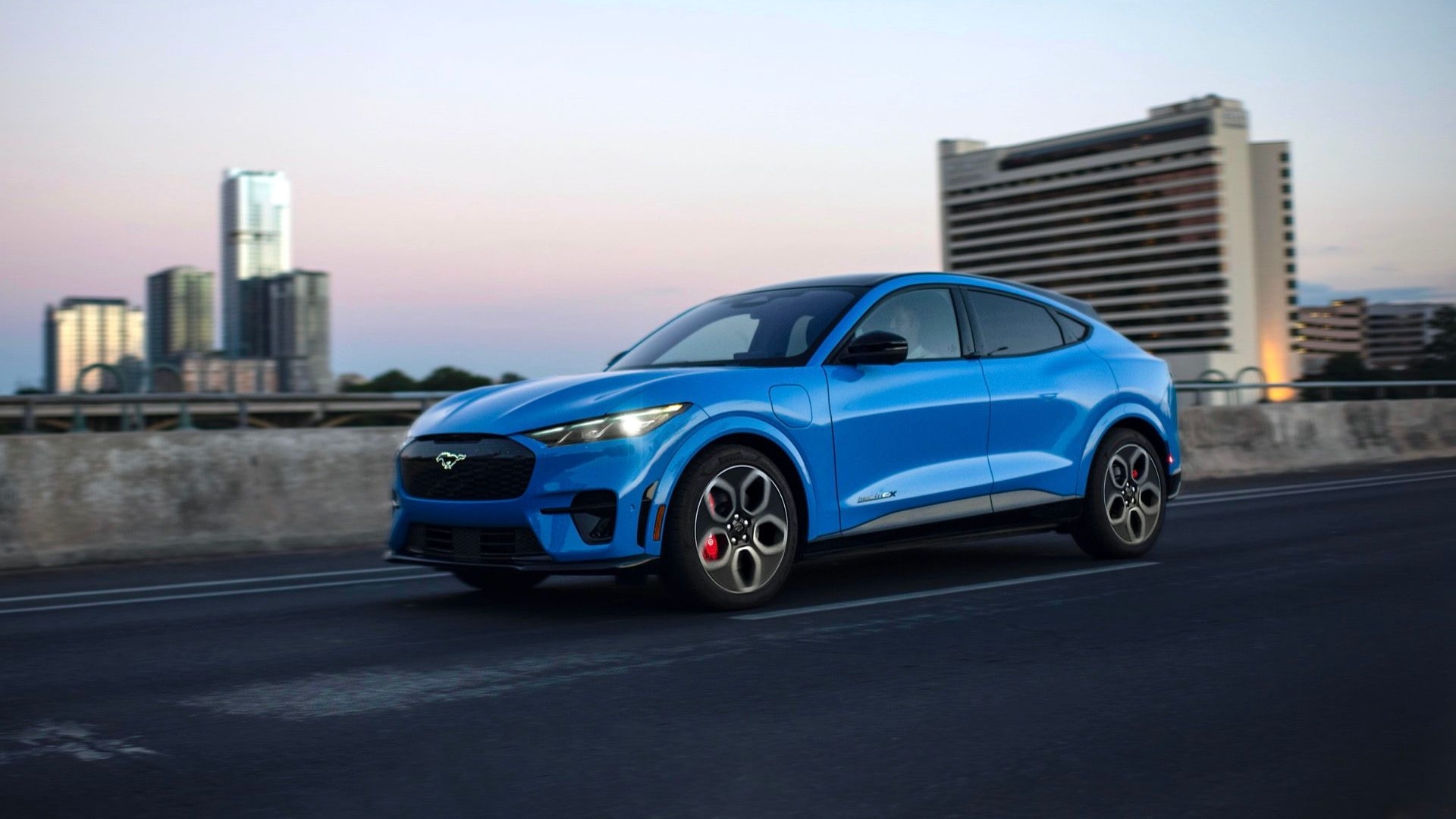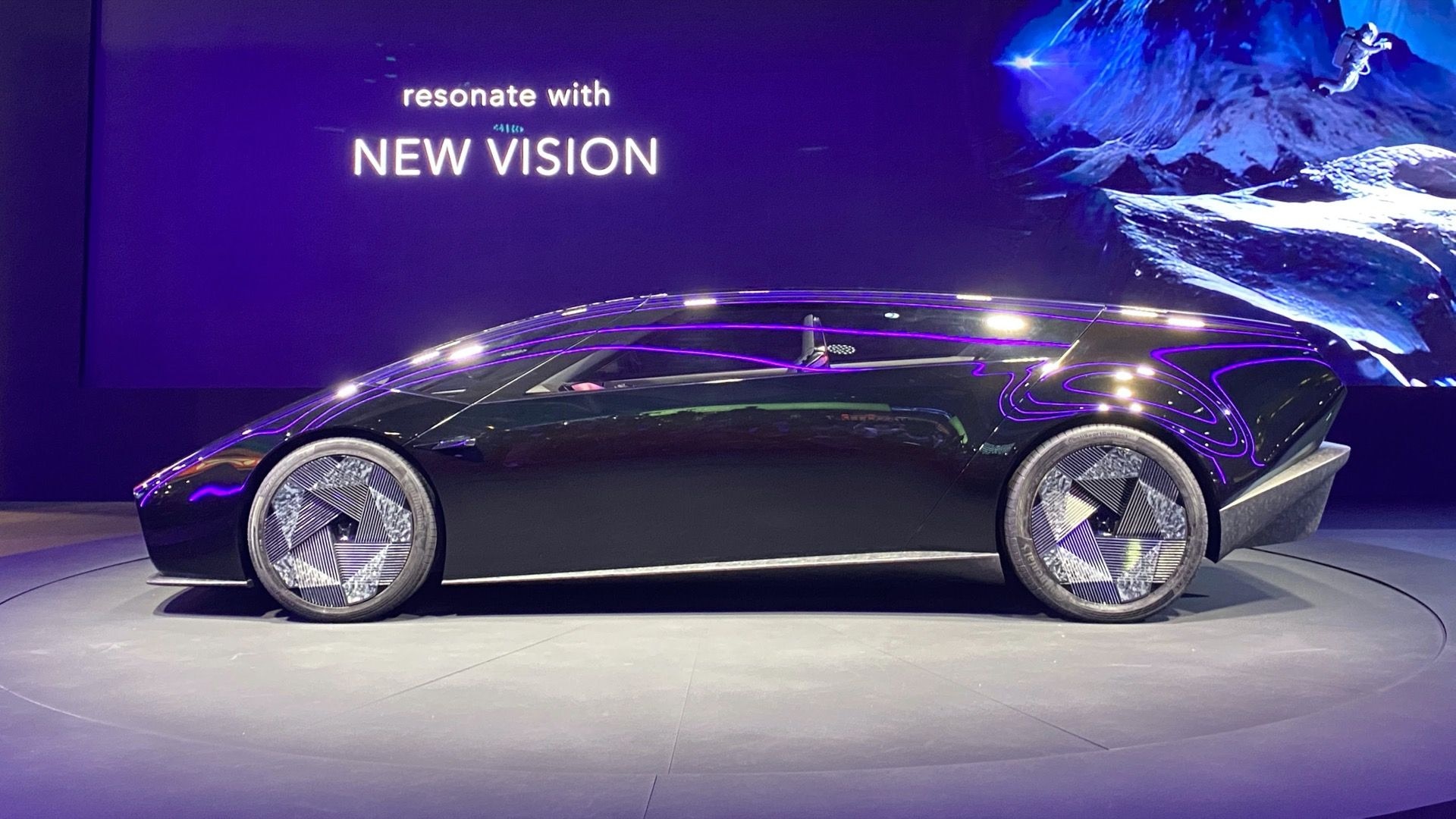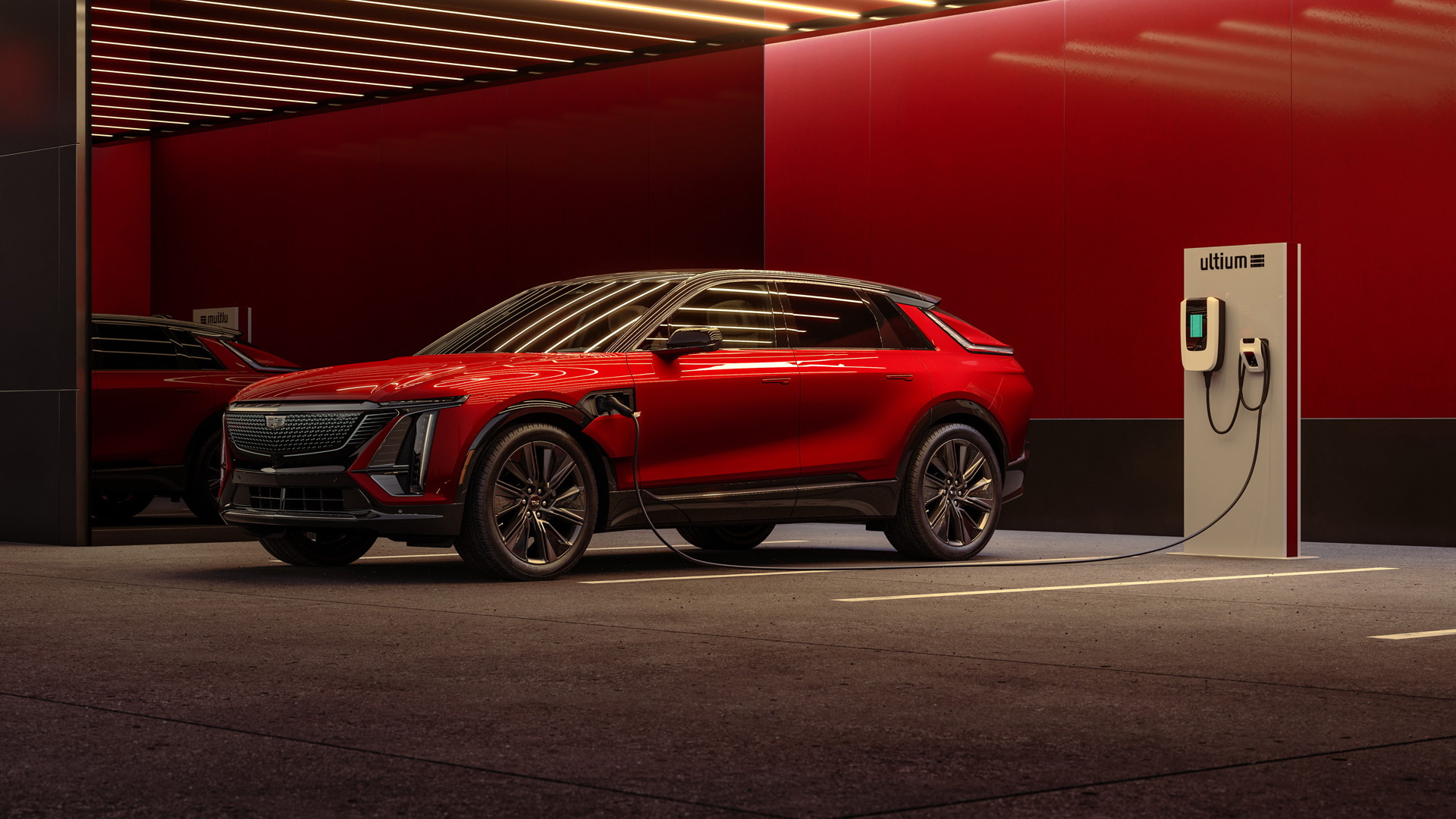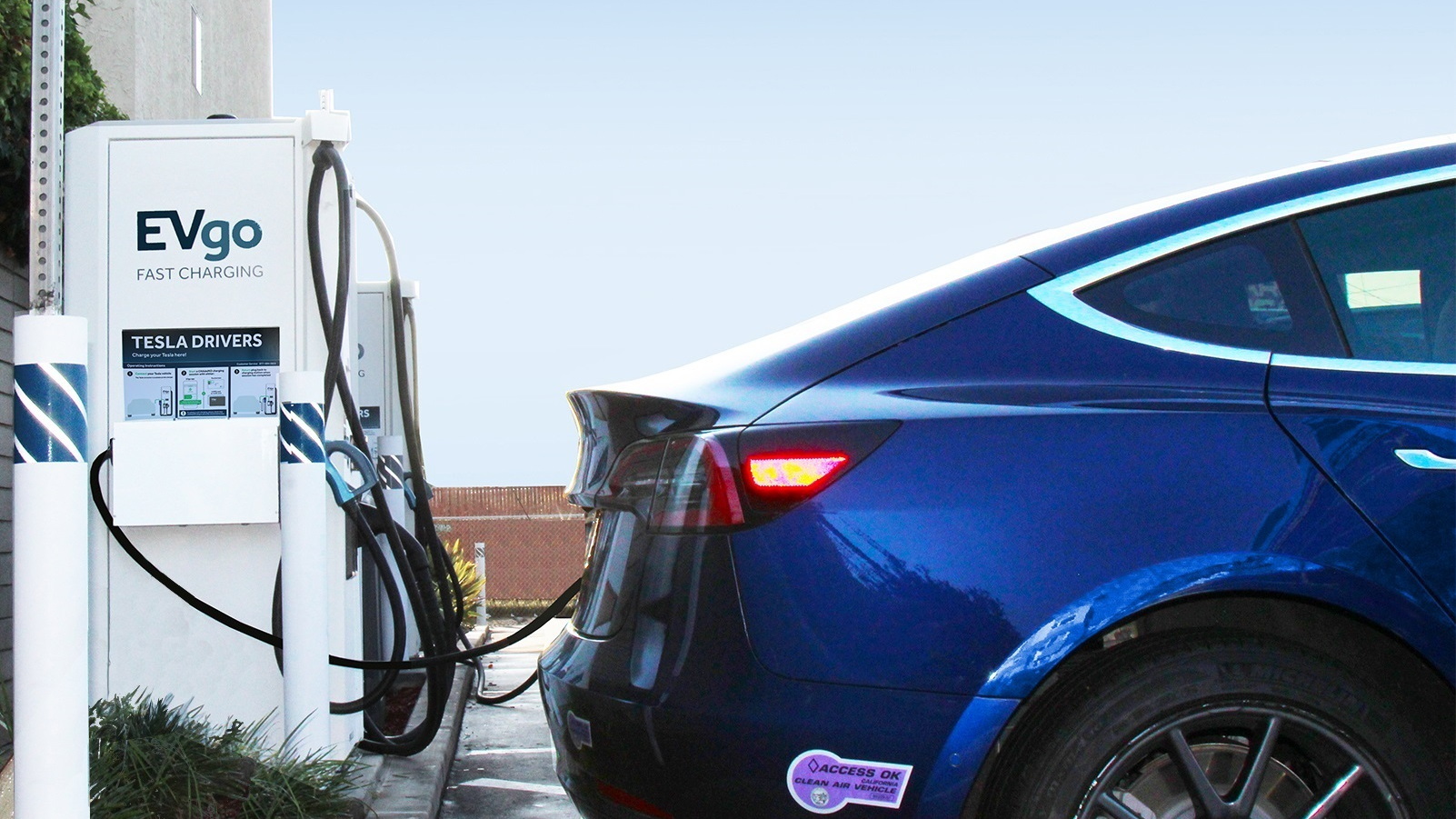At the moment, plug-in electric car sales are chugging along between 3,000 and 4,000 a month.
So with the upcoming 2012 Tesla Model S added to the mix, it seems likely that 30,000 to 50,000 electrics will be sold in the U.S. this year--more than double last year's sales.
But lately, the auto press has taken up a new theme: As gas and diesel cars get more fuel-efficient, they will hurt sales of electric cars.
Ten years hence, that's almost surely true. But now? Not so much, we think.
First, the early buyers of plug-in cars--for the first two to four years--aren't buying them to save money.
Purchase reasons vary among groups, but they include being first on the block, loving the technology, being an uber-green, making a statement about your values, and worrying about energy security.
For these folks, saving money is a nice extra.
Second, most buyers care far more about initial purchase price than total cost of ownership.

Auto loan
Today, even if a cheaper, less-efficient car ends up costing them more to own over its lifetime than a more expensive electric, the initial purchase price rules out an electric car.
Sales of fuel-efficient cars tend to track closely to changes in gas price. But gas prices would have to go up to $6 or $8 a gallon to shock most buyers into considering a much, much pricier electric car.
We won't be able to assess any true interchangeability between gas and electric vehicles for many years yet.
For that to happen, batteries have to get cheaper and the real-dollar cost of gasoline cars will have risen with the more expensive technology (turbos, lightweight materials, hybrids) required to double fuel efficiency by 2025.
Finally, it's not an either-or, it's a both. Plug-in powertrains will start and build slowly (a point many commentators consistently miss).
Automakers have to increase the efficiency of their combustion powertrains 3 to 5 percent a year, so there's a steady focus on that for the short and medium term--through 2025.

gas pump
By then--and perhaps well before--the cost of batteries will be low enough that in some markets, plug-in cars could become the preferred option.
That'll be because they're smoother, quieter, and just nicer to drive, with no (or far fewer) fuel station visits needed--and by then, electric cars will no longer be alien and suspicious but simply one of several choices in the showroom.
Overall, we think anything that increases the efficiency of the energy we use to move ourselves and our stuff around is good.
What do you think? Will vastly more fuel-efficient cars hurt prospects for plug-in sales?
Leave us your thoughts in the Comments below.
+++++++++++








